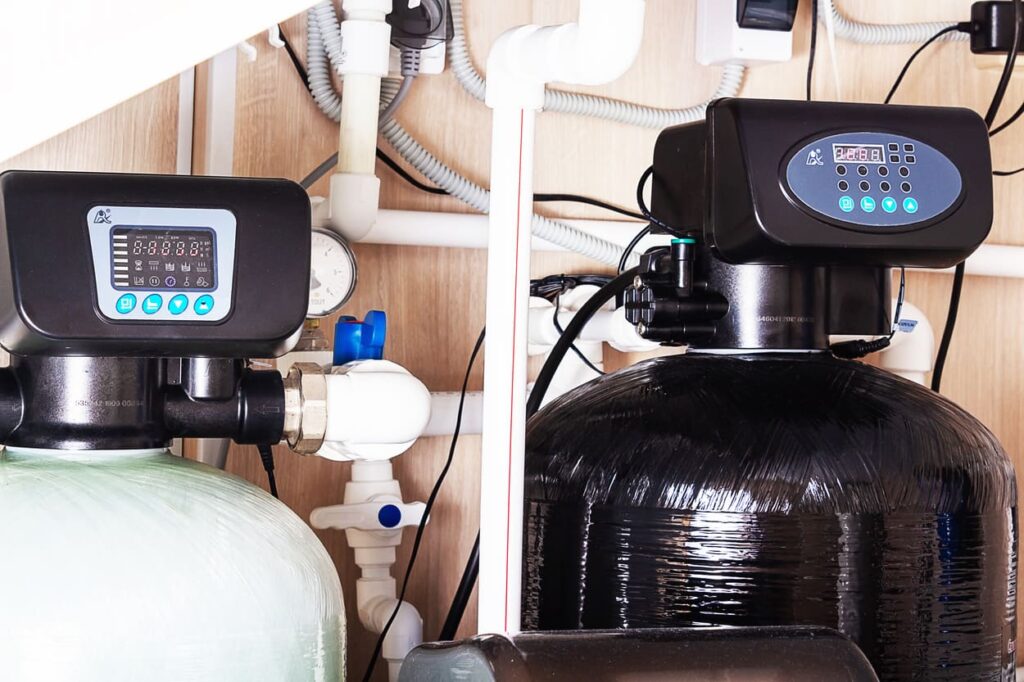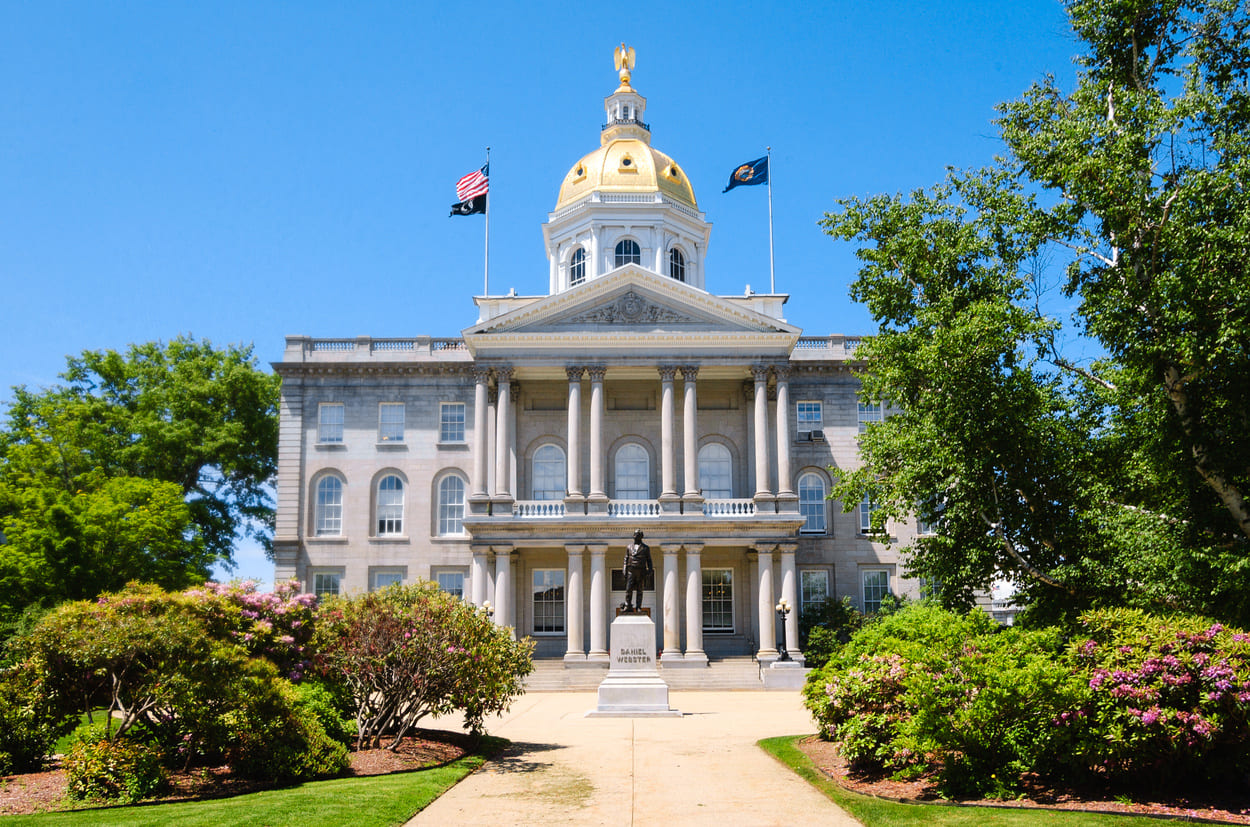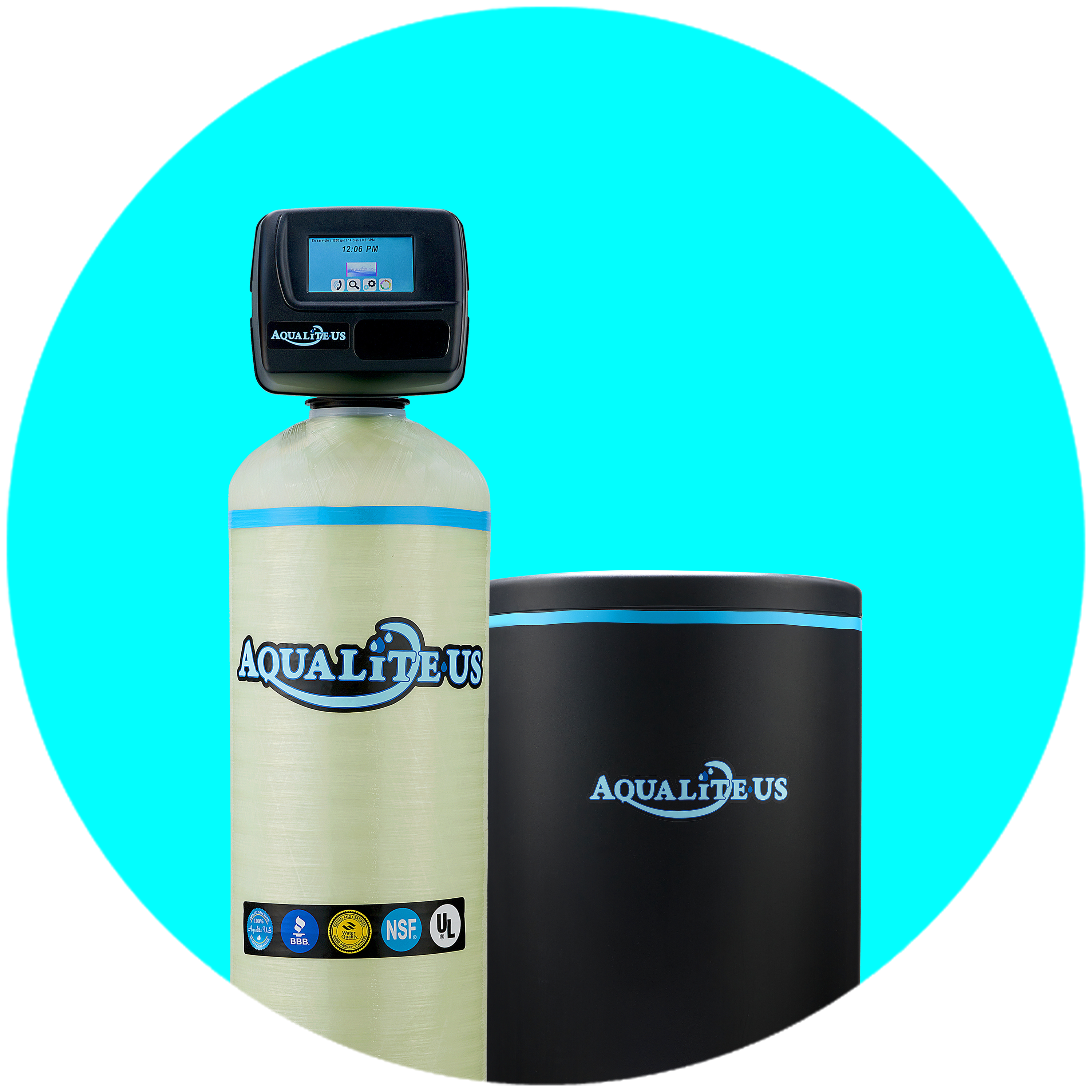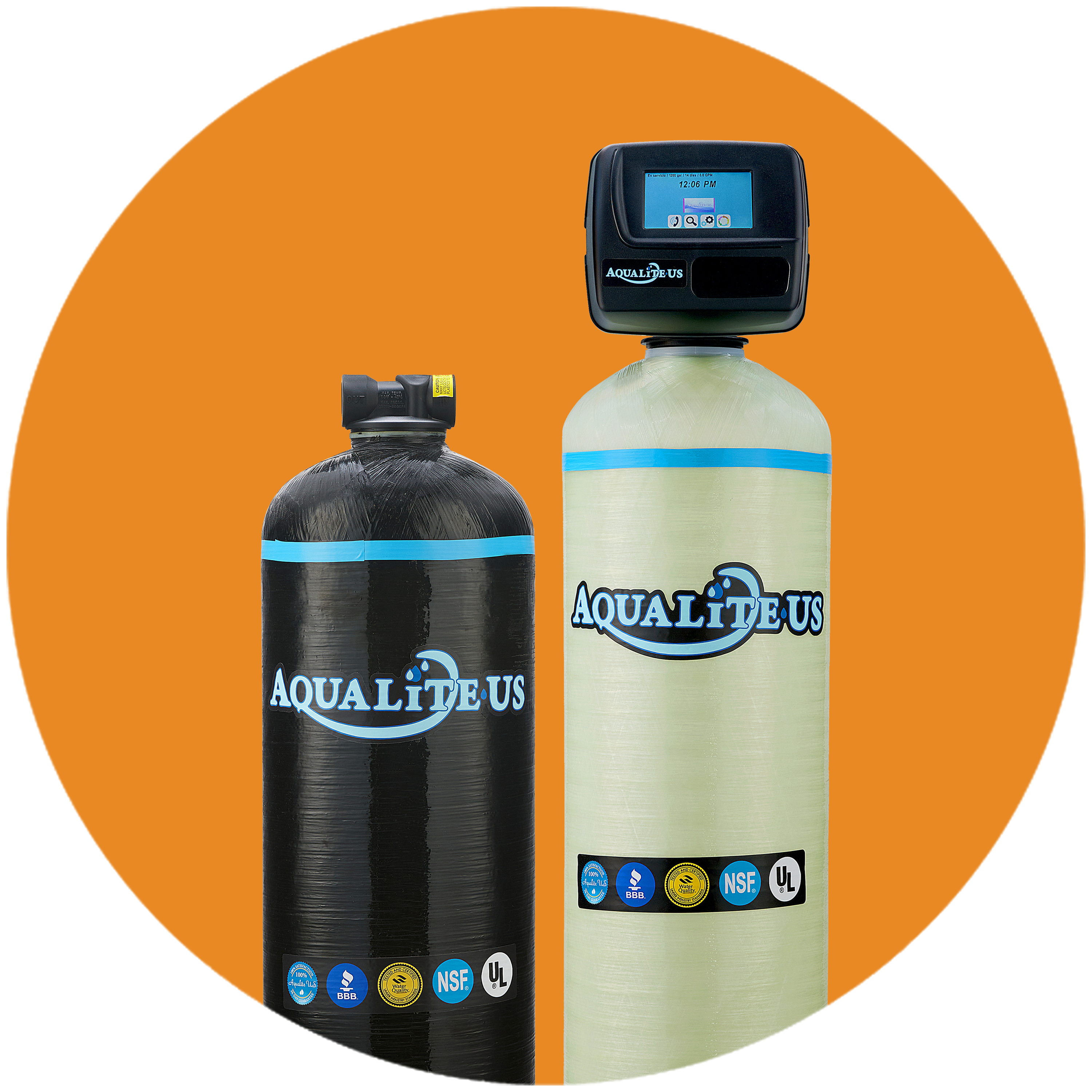Learn about the NH rebate program covering PFAS chemical remediation costs for New Hampshire Residents with contaminated private wells.
According to the Department of Environmental Services, almost half of New Hampshire residents get water from a private well. As of early 2022, 39% of wells in NH tested by the department exceed one or more of the limits for PFAS chemicals. With the number of PFAS-contaminated wells and drinking water sources continuing to rise, these “forever chemicals” have become a public health concern for New Hampshire residents. For many families in affected municipalities such as Merrimack, Bedford, Londonderry, Portsmouth, and Newington, finding a way to bring clean water to their homes has become the top priority.
With point-of-entry (whole-home) and point-of-use (reverse osmosis) water filtration systems being the go-to for remediating PFAS water contamination, the New Hampshire State Government is now offering residents a rebate program to cover associated costs. Keep reading to learn more about how PFAS is affecting Granite State residents and whether your family may be eligible for the rebate program.
What Is PFAS?
Since the 1940s, companies have used PFAS. Per- and polyfluoroalkyl substances (PFAS) are a large class of approximately 4,700 manmade chemicals widely used for their oil and water repellency, temperature resistance, and friction reduction. PFAS chemicals are used in aerospace, automotive, construction, electronics, consumer goods, textiles, and military production.
PFAS often referred to as “Forever Chemicals” because their molecular structure prevents typical chemical degradation under normal environmental conditions. PFAS products remain in the environment for so long that scientists cannot estimate an environmental half-life or the amount of time it takes 50 percent of the chemical to disappear.”
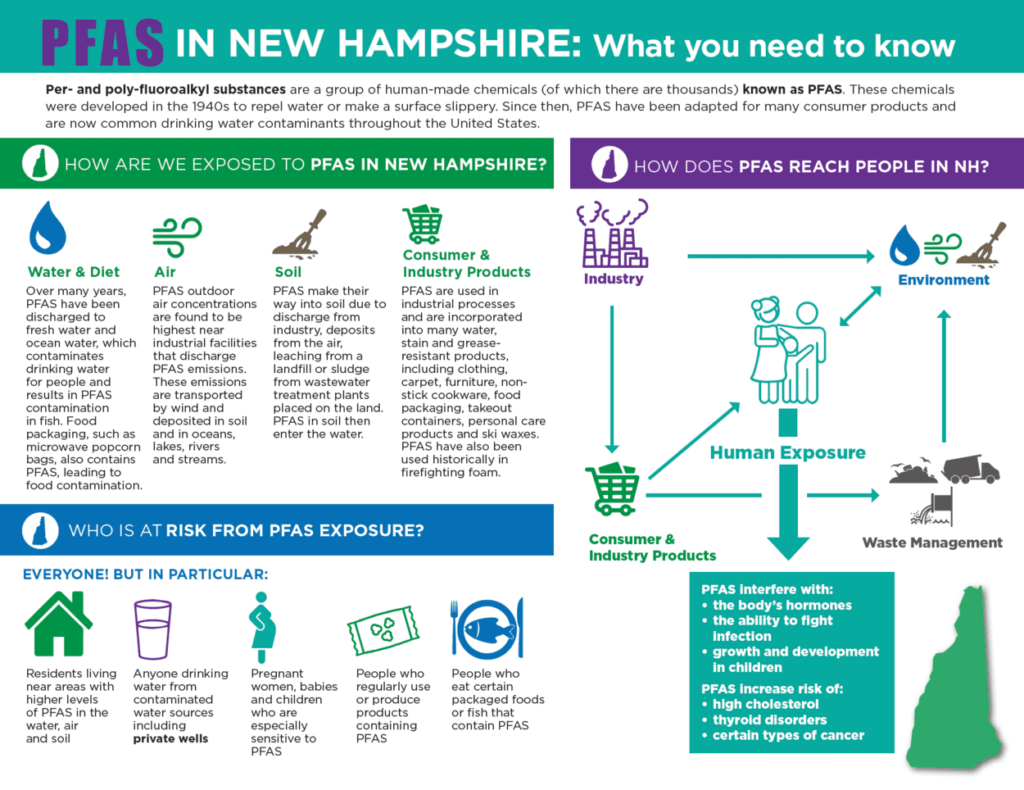
What the State Has Learned So Far
The New Hampshire Department of Environmental Services (NHDES) works to protect public health and has recently focused on stopping exposure to PFAS in private wells across the state. The agency seeks to offer resources to Granite staters in areas with no alternative water source when PFAS is present in well water.
NHDES has started a program where they measure PFAS levels using Ambient Groundwater Quality Standards (AGQS). These standards are meant to protect the population from exposure to PFAS. Since 2019, the NHDES has tested more than 9,000 private water wells across New Hampshire. During that time, it identified more than 3,500 wells that exceeded AGQS.
What You Can Do About PFAS
If you find PFAS contamination in your well and need PFAS remediation, there’s help. You might qualify for a rebate of up to $10,000 from the state of New Hampshire. The rebate will help defray the costs of installing a water treatment system to remediate PFAS. You can also use the refund to offset the cost of connecting to a municipal water system.
The NHDES may have sampled your water. In that case, you should receive an email or letter about the PFAS rebate program if your well water needs water treatment. If you’ve sampled your well and found contamination, you can contact NHDES about the rebate program at [email protected].
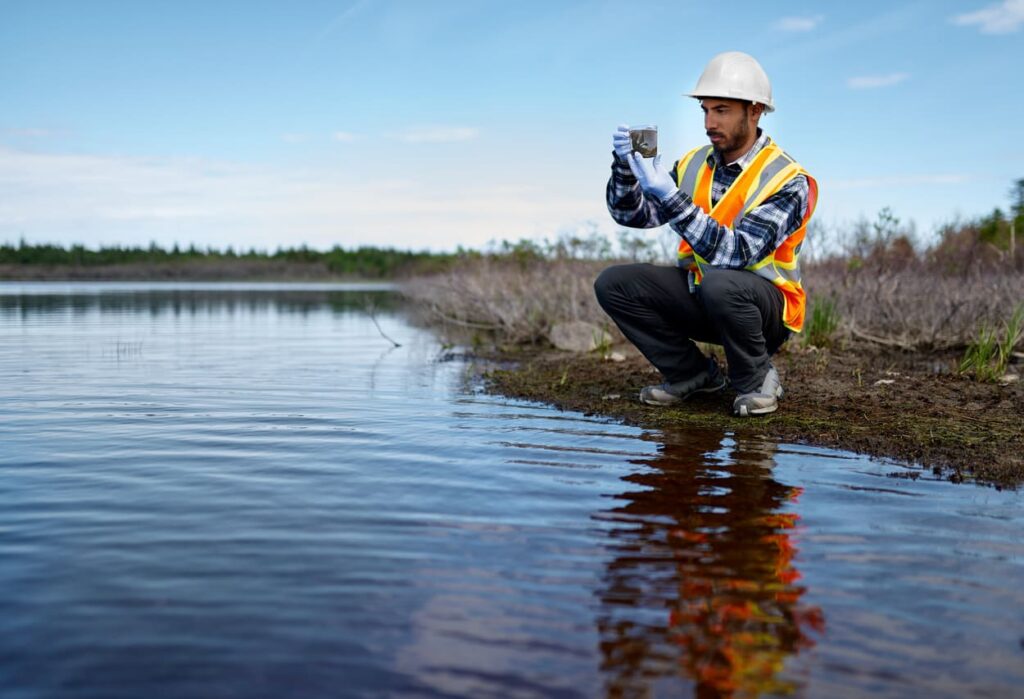
Department of Environmental Services Intervention
The name of the NHDES rebate program is the “Removal Rebate Program for Private Wells,” a one-time rebate for private well owners in New Hampshire who require PFAS remediation.
A private well owner could qualify for up to $5,000 to install a water treatment system. Both point-of-use and point-of-entry systems qualify for the rebate. Alternatively, you could be eligible for up to a $10,000 reimbursement for the cost of establishing a service connection to the local water system.
Any treatment installation done after September 30, 2019, is eligible for the program. You must complete the application process to receive approval from the NHDES for a rebate.
Who Is Eligible for the Rebate?
You have to meet specific criteria to qualify for the rebate program. For instance, you must own a single or multiple-unit property. Property tenants can also apply for the rebate program if the owner has not done so.
Also, treatment system installers can apply for the rebate on behalf of applicants. However, the applicant must have a waiver of claims between the two parties.
You must also provide documentation of exceeding AGQS levels for PFAS. Also, you can’t have an offer from a third party for an alternative water source. These alternative sources include:
- Bottled water
- A service connection
- A treatment system
As a final qualification, your private well water must exceed one or more of the AGQS established by the NHDES.

Applying For The PFAS Rebate
If you meet NHDES requirements, you can apply for the rebate online using the NHDES website. The NHDES prefers online applications but will also accept applications by email or postal mail.
You will need specific documentation to complete the application. For instance, you’ll need the completed and signed application form. You must also submit analytical lab results with the application. The lab results must show that your private well exceeds one or more AGQS.
According to the NHDES, the application process will require the following documentation:
- Certification that the applicant is not receiving alternate water from a third party.
- Certification that the installation complied with applicable state and local plumbing regulations and local permitting requirements.
- Analytical lab results showing an exceeding of one or more of the PFAS AGQS.
- Photo documentation of the installation.
- Filter model and serial number and/or specification sheets for media and equipment Installed.
- Post-treatment analytical lab result showing PFAS below the AGQS.
- Proof of ownership or residency.
- Final paid invoice or final invoice from vendor/subcontractor, as applicable.
- Waiver of claims, if applicable.
Purify The Water In Your Home
Hopefully, the Removal Rebate Program for Private Wells makes it easier for you to perform PFAS removal. If you need a high-quality water treatment system for your home, look no further than Aqualite US. We’re proud to help customers live healthy lives and give back to the community.
We offer PFAS remediation water purification solutions and provide best-in-class service. Our installers are knowledgeable, friendly, and honored to help you to enjoy the best quality of life possible in your home. For information about your water quality, visit our PFAS Water Testing Page.
